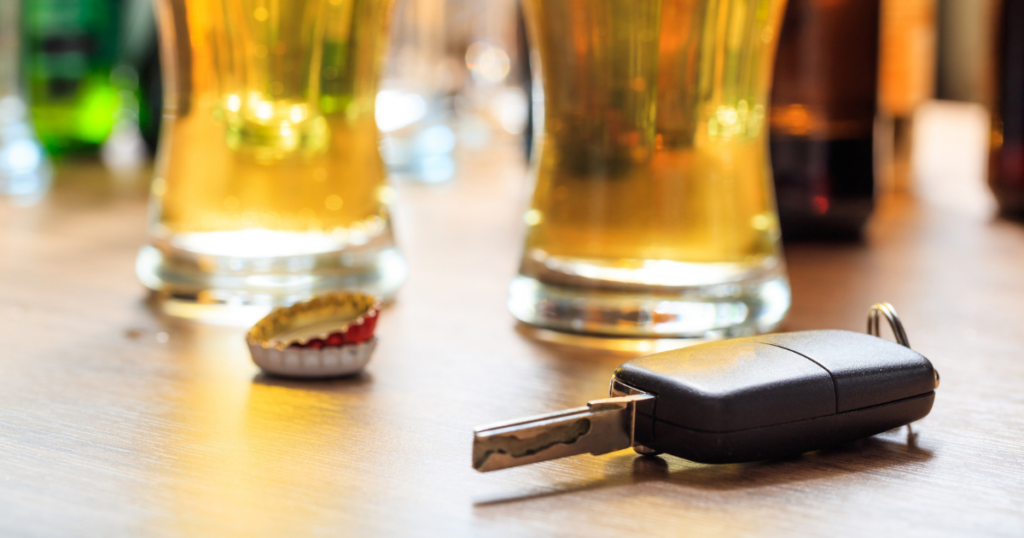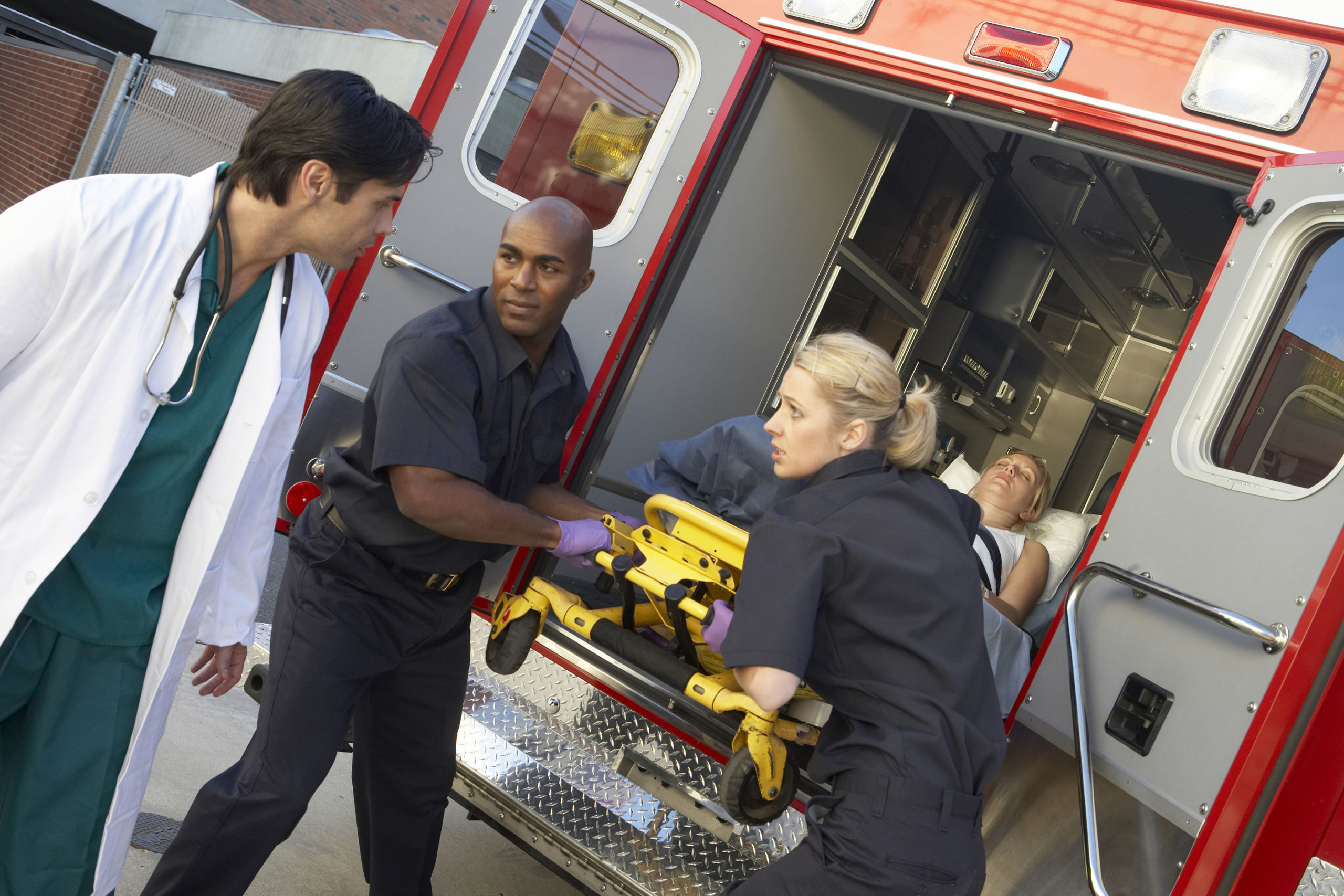Savannah Personal Injury Lawyers
Personal injury is a general term that covers a wide range of categories, from car accidents and truck accidents to medical malpractice and accidents caused by defective products. Any one of these accidents can cause the victim to suffer serious injuries that result in costly medical bills, lost wages, and pain and suffering. If the accident was caused by the negligence of another person, the injured victim may seek financial compensation by filing a personal injury lawsuit against the negligent party. There are a number of important steps that the injured party must take in order to reach a successful settlement. Knowing where to start can feel overwhelming and confusing. A seasoned personal injury lawyer can assist the injured party with every phase of the claims process, ensure that the negligent party is held liable for his or her injuries, and secure the financial compensation he or she deserves.
Car Accidents
Despite the advanced safety technology that is equipped in most of today’s new vehicles, car accidents continue to happen in Georgia and across the country. In fact, car accidents are the leading cause of death in the United States. Many of these tragic accidents are preventable if motorists follow the rules of the road; avoid unsafe driving behaviors such as distracted driving, speeding, and reckless driving; and make safety a priority.
According to recent studies by the Centers for Disease Control and Prevention (CDC), the National Highway Traffic Safety Administration (NHTSA), and other organizations, the following are the most common causes of car accidents:
Catastrophic Injuries
A catastrophic injury is a life-changing event that causes permanent damage to the body, including paralysis, the loss of a limb, or a traumatic brain injury. Oftentimes, it can be very difficult for the injured victim to cope with their injuries, particularly if they are no longer able to drive, work, or do any of the things that they enjoyed doing prior to the accident. In addition, the costs associated with these injuries can be financially devastating, especially if the victim is no longer able to work and requires long-term care in a medical facility. A personal injury lawyer will work tirelessly to determine who is responsible for the accident and secure the financial compensation the victim deserves.
Although a devastating accident can happen anywhere from inside the home, at work, or on the road, the following are examples of the most common types of catastrophic injury accidents:
In addition to being physically and emotionally devastating, the costs associated with a catastrophic injury are overwhelming. Depending on the type of injury, the victim may require numerous surgeries, prescription medications, physical therapy, modifications to the home to accommodate for a wheelchair, long-term care, and other expenses. Owing to the severity of the injury, the victim may be unable to return to work for an extended period, if at all. Although a personal injury lawyer cannot make the injury disappear, a lawyer can work closely with the victim to determine who is responsible for the accident and ensure that the victim receives the maximum financial compensation he or she deserves, including medical expenses, lost wages, and pain and suffering.
Truck Accidents
Truck accidents cause some of the most serious injuries and fatalities, owing to the massive size and weight of the typical commercial truck. When a passenger vehicle is involved in a truck accident, the occupants of the passenger vehicle are the ones who suffer the brunt of the injuries. Although other motorists can cause a truck accident by driving in a truck’s large blind spots, cutting off a truck driver, or hitting the brakes too suddenly, truck accidents are often caused by truck driver error. The following are examples of scenarios in which the truck driver is likely at fault:
The most important step to do immediately following a truck accident is to check for injuries. If the motorist is physically able to move, they should call 911 so that police and emergency medical professionals can be sent to the accident scene. Even if the motorist does not appear to be injured, it is imperative that they be thoroughly examined in order to rule out any underlying injuries such as internal bleeding or head injuries. If the victim’s injuries are not life-threatening, they should take the following steps:
Drunk Driver Accidents
Motorists who make the irresponsible decision to get behind the wheel of a car after consuming too much alcohol often cause devastating car accidents that result in severe injuries and tragic fatalities. When it comes to DUI charges, Georgia ranked as the number two most punitive state for DUI charges, second only to Arizona. Despite the seriousness of the charges and the potentially life-threatening injuries a drunk driving accident can cause, motorists continue to drive while impaired. From a legal standpoint, a drunk driving accident is different from other types of car accidents in that a drunk driving crash is not considered an accident. It is considered a crime that is punishable by the penal laws of Georgia. When pursuing a personal injury claim in a drunk driving case, the victim may seek punitive damages in addition to medical costs, lost wages, and pain and suffering.

There are additional civil claims that a drunk driving victim may pursue as well, including the following:
Medical Malpractice
When a patient suffers an injury or health complication while under the care of a health care professional, the patient may be able to seek financial compensation by filing a medical malpractice lawsuit. However, this can be a complex process, and there are some key factors of which the patient must be aware before taking legal action, including the following:
Premises Liability
Premises liability is an area of law that handles personal injury cases when the injury was caused by unreasonably dangerous conditions on an individual’s property. In most cases, a premises liability issue occurs when an individual is injured on the premises of a property, including a parking lot, sidewalk, or in a store. However, there are other issues that can make these cases more complicated. For example, the standards for proving negligence are much higher in a premises liability case.
Listed below are the two main issues to consider in a premises liability lawsuit.
Relationships Between the Parties
The person who owns or has exclusive control of a property is generally liable for failing to keep the property safe. The type of visitor will also have an impact on a premises liability case. Some types of visitors include:
Cause of the Injury
Determining the cause of the injury is an important step. Examples include:
Wrongful Death
The only thing that can make the loss of a loved one more devastating is knowing that it could have been prevented. A wrongful death occurs when an individual dies as a result of another party’s negligence. Surviving members of the deceased’s family may seek financial compensation by filing a wrongful death lawsuit. The following individuals may be eligible to file a wrongful death lawsuit:
Surviving family members are eligible for the following damages:
Products Liability
If an individual suffers a serious injury from a defective product, he or she may recover compensation by pursuing a products liability lawsuit. A products liability claim is based on either strict liability or negligence. In strict liability cases, the individual does not have to prove fault, but he or she must show that the defendant manufactured the product, the product was defective when it left the manufacturer, and the defect caused the injury.
There are three types of product defects, including:
There is no cap on compensatory damages in Georgia. However, if the injured person’s negligence contributed to his or her injuries in any way, it will impact the amount of damages he or she is eligible to receive.
Savannah Personal Injury Lawyers at Kicklighter Law Advocate for Clients With All Types of Personal Injury Cases
If you suffered an injury because of another person’s negligence, do not hesitate to contact the Savannah personal injury attorneys at Kicklighter Law. We have a proven track record of reaching favorable settlements in a wide range of personal injury cases. Our dedicated legal team will assist you with every step of the claims process, ensure that the negligent party is held liable, and secure the maximum financial compensation you deserve. To schedule a confidential consultation, call us today at 912-754-6003 or contact us online. We are located in Springfield, Georgia, and we proudly serve clients in Effingham County, Savannah, and surrounding areas.

